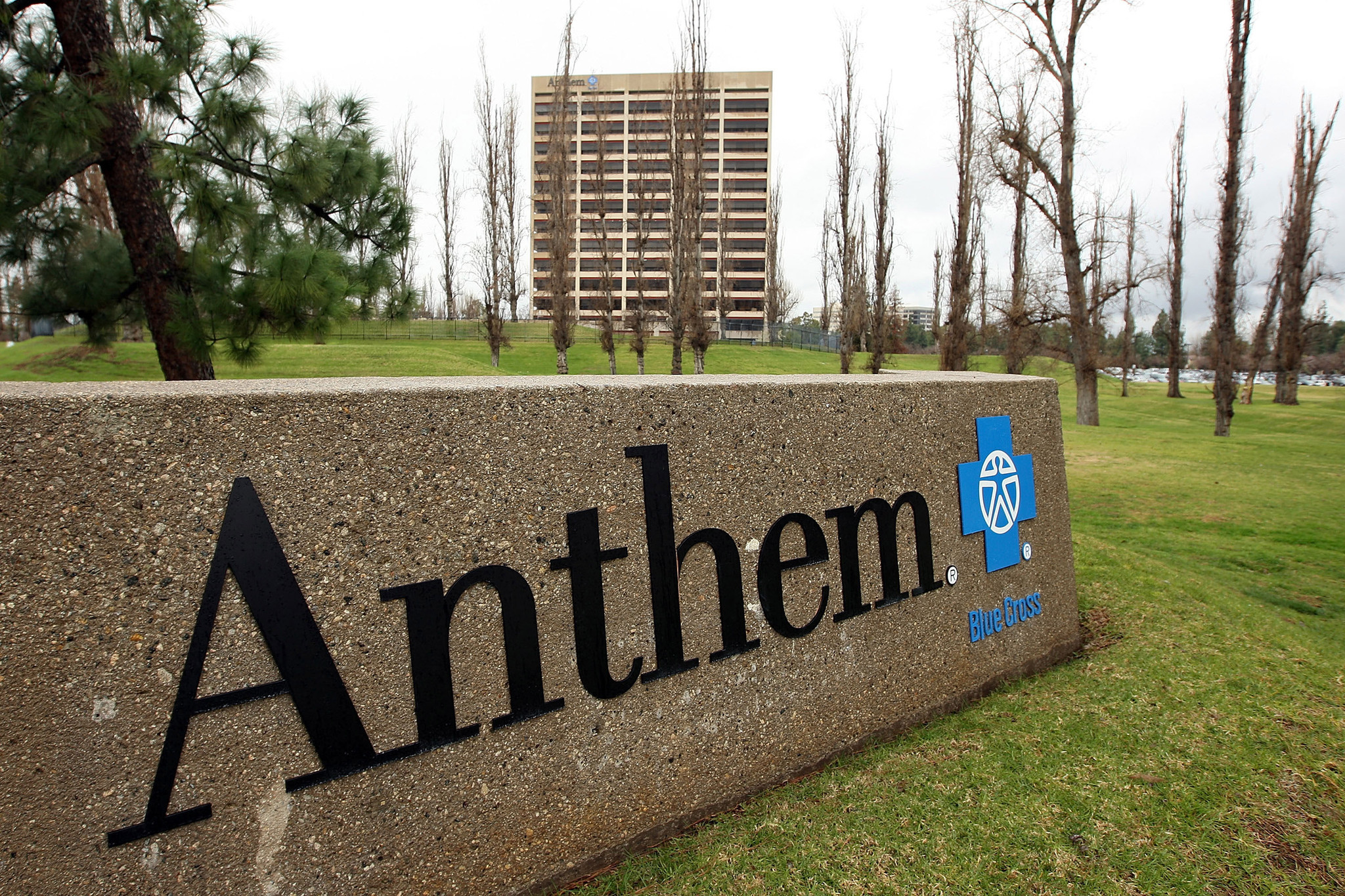By David Gorn
Last week, state regulators signed off on Centene’s $7 billion purchase of fellow health insurer Health Net.
But that’s a dinky deal compared to Anthem’s proposed $54 billion acquisition of Cigna, which Tuesday undergoes public review by the California Department of Insurance and its politically ambitious commissioner, Dave Jones.
Jones must approve the deal or reject it, along with the state’s other insurance regulator, the Department of Managed Health Care, which already has conducted its own hearings. The stakes are high. A rejection by California — given the state’s huge market — could jeopardize the acquisition altogether.
Eyes are now on Jones, who plans to run for state attorney general in 2018. Last week he said the Centene-Health Net deal could enhance competition in California. Centene currently has almost no market share in California but does have financial stability from its out-of-state business, so it would bring an infusion of “new capital and new resources” to take over Health Net and take on market share leaders.
More than three-quarters of the private insurance market in California now belongs to Kaiser Permanente (42 percent), Anthem Blue Cross (20 percent) and Blue Shield of California (15 percent). Centene’s acquisition of Health Net, the fourth-largest insurer in the state (6 percent), could help it compete with the Big Three, Jones said. In the case of Anthem, though, that logic would work against it, because merger approval would mean one of the Big Three would just get more powerful, according to Shana Charles, health policy professor at California State University Fullerton.
“For the regulators, the big question is whether or not a merger would make the market more competitive,” she said. “Because Anthem is so big in California, that’s going to be a big concern.”
Jones has fashioned himself as a consumer advocate challenging the power of big insurers. “He has consistently played that role,” Charles said. “So really, this is a perfect opportunity for him.”
Several factors weigh against the Anthem/Cigna and Aetna/Humana deals, consumer advocates said.
“For the Anthem/Cigna deal, there is overlap in market share, and that wasn’t the case with Centene,” said Tam Ma, attorney for the Sacramento-based advocacy nonprofit Health Access California. Since Cigna and Anthem compete for subscribers, Ma said the Anthem deal would reduce health insurance competition in 31 counties in California.
And, Ma said, Anthem has a history of dramatically hiking premium rates, even after state regulators have deemed them unreasonable. Add in a high number of consumer complaints, a question about whether they contract with enough doctors, low quality ratings and Anthem’s major data breach last year, and you get a volatile mixture that defies merger approval, she said. “The big concern is, if they get bigger, are these problems going to get bigger?”
In a prepared statement, Anthem spokesman Darrel Ng said Anthem and Cigna have limited overlap and combined will be in a better position to improve consumer choice and quality as well as preserve affordability.
“Expanding access to affordable health coverage is the foundation of our combination with Cigna and will remain Anthem’s top priority,” Ng said.
“We are continuing to work with the Department of Justice and appropriate state regulators, and are confident that our proposed merger is being reviewed based on these facts.”
An outright rejection could sink the deal. That could send shockwaves through the stock market and raise questions about California’s attitude toward business. Health care systems around the country are combining, claiming financial necessity. Insurers say they need to combine, too, to maintain negotiating clout.
Instead of blocking the deal, either of the state’s insurance regulators could approve it with conditions.
One of Jones’ predecessors, John Garamendi, did both. In 2004, he rejected Anthem’s proposed merger with competitor Wellpoint. Anthem sued him. Garamendi later approved the deal, but got the company to pay $265 million toward various health projects in California, double those in the original agreement.
Approval in California isn’t Anthem’s only worry. Federal antitrust officials have yet to weigh in. It’s unclear who will render judgment on the deal first, them or Jones.
The hearing Tuesday is in San Francisco. The insurance department said it will soon hold hearings on another huge health industry deal, Aetna’s proposed $37 million acquisition of Humana. The Department of Managed Health Care has already held its hearings on both mergers, but has not issued a timeframe for any decision.
